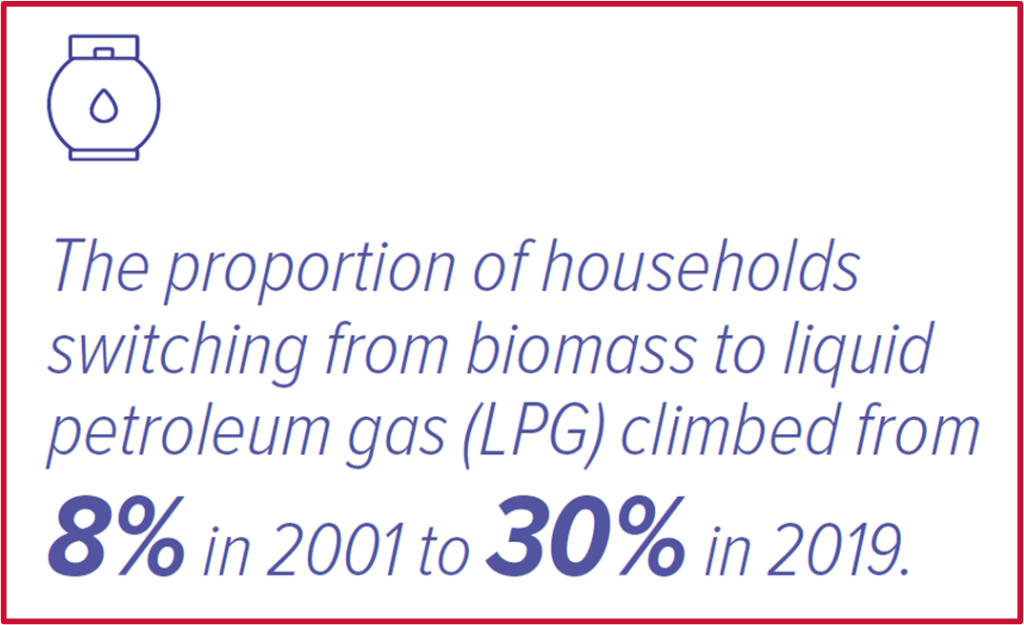Exploring Frameworks for the Aggregation of Subnational Energy Plans in Kenya (EFSEP – K)
This report, put together by EED Advisory with funding from CCG and support from CCG researchers, examines the current state of subnational energy planning in Kenya and feasible options for enhancing current practice.
Over the past two decades, Kenya’s energy access has exponentially increased, with electrification rising from 16% in 2003 to 71% in 2020. However, there are still barriers to universal access to electricity and clean cooking. These can be classified as energy equity and energy security, with significant disparity between rural and urban populations.

Nonetheless, there is opportunity to address these imbalances as a result of the 2010 Constitution, which has allowed County Governments to develop their own energy plans, and the 2019 Energy Act, which mandates that counties develop County Energy Plans (CEPs) to be integrated into a national plan. However at this stage, only six counties have developed their plans.
This study uses qualitative research, collecting data from key energy sector informants and a consultative workshop with key stakeholders, to understand the strengths and weaknesses of the current situation and a way forwards. The report proposes a two-part submission process for the CEPs and the development of a National Energy Online Network (NEONET).

This would be a web-based platform for counties to submit their County Energy Plan outputs. By making outputs available, long-term energy goals, projects, and difficulties would be visible and aid knowledge-sharing.
Read the full report below [Safari uses may need to click this link]:
Exploring-frameworks-for-the-aggregation-of-Subnational-energy-plans-in-Kenya-EFSEP-–-K